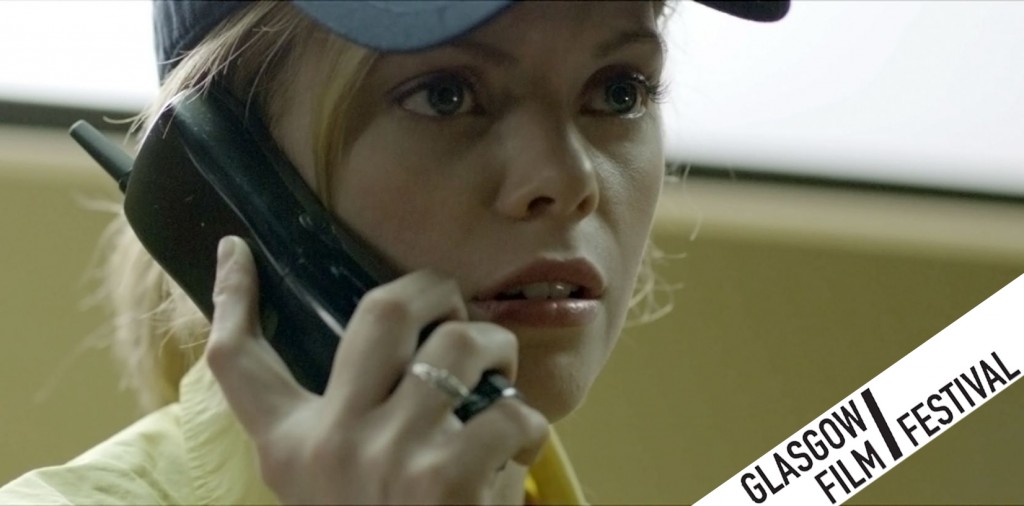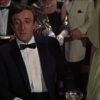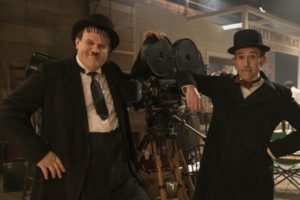
Compliance starts off on an ordinary day, people busying around at a fast food restaurant, the manager giving her daily pep talk to her workers. We are quickly introduced to Becky and a couple of her friends and fellow employees. Then the phone rings in the manager’s office. A voice on the other end says he is a police officer and he accuses Becky of stealing from a customer. Where it goes from there is something you truly have to see to believe.
This potentially exploitative exercise is in fact a superbly tense, probing look at the power of authority and the way we blindly put our faith in it. Writer/director Craig Zobel allows things to escalate and escalate to the point of shocking disbelief. Surely this can’t be true?
But alas, as huge lettering at the beginning points out, this is based on a very true story which gives the film a real sense of power. It’s the type of story that the more you think about it the more twisted and disturbing it gets, made all the more so because it feels like it could happen to anyone. Without giving too much away the film takes things pretty much as far as it can go without it tipping over into tasteless, leaving you with a sick feeling in your stomach and while still having plenty to mull over.
Despite its outlandish premise we crucially believe in the characters, largely thanks to strong performances from Ann Dowd as the manager torn between respecting her employee and respecting authority, and Dream Walker as the apparently guilty Becky protesting her innocence while not wanting to get her self in trouble she can’t get out of.
With assured direction that really gets us up-close-and-personal with the uncomfortable events and believable performances from the leads, this a small, uniquely claustrophobic thriller that is as shockingly compelling as it is intellectually nourishing.
This review was also published in The Journal.






